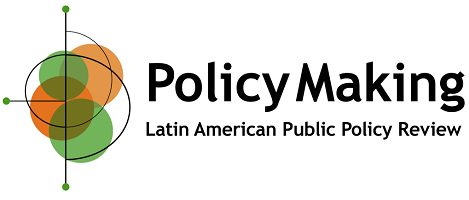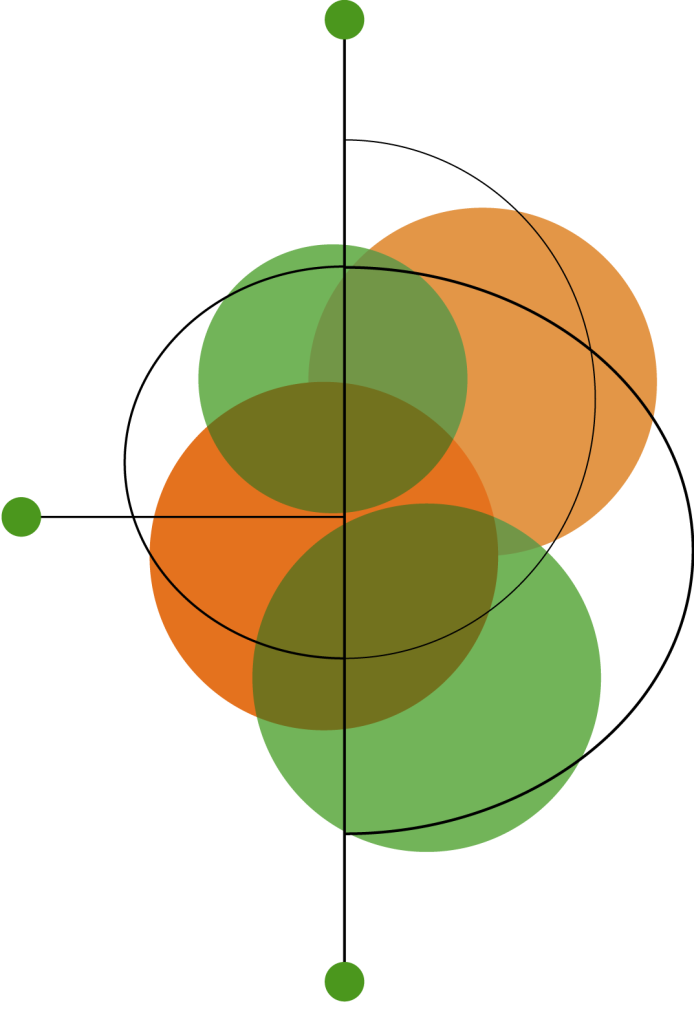Editorial Policy
Editorial Principles and Research Ethics
Policy Making adheres to international best practices in academic integrity and research ethics, following the guidelines of the Committee on Publication Ethics (COPE). Submissions involving plagiarism, self-plagiarism, data fabrication, or data manipulation will not be accepted.
Authors are required to disclose any potential conflicts of interest and, when applicable, provide information regarding research funding. The journal also encourages the sharing of data, code, and supplementary materials in open-access repositories, in alignment with open science principles.
Open Access and Copyright
All articles are published under an open-access model and licensed through Creative Commons (CC BY), ensuring broad circulation and reuse of knowledge, provided that proper attribution is given to the original authors. The journal does not charge any submission or publication fees (no APCs).
Use of Generative Artificial Intelligence
The use of generative artificial intelligence tools in the preparation of manuscripts must adhere to the following principles:
Transparency
The use of generative artificial intelligence tools (such as language models, automated agents, or intelligent assistants) during the writing, editing, translation, or preparation of manuscripts must be explicitly disclosed by the authors. This disclosure should specify:
- The name and version of the tool used;
- The purpose of its use (for example, generating drafts, rephrasing sentences, suggesting paragraph structures, assisting in reference searches, or providing stylistic suggestions);
- The main prompts or commands employed and the degree of human intervention, that is, the extent to which the output was reviewed, modified, or rewritten by the authors.
Ethical Limitations and Requirement of Human Responsibility
Generative AI tools cannot replace the role of human authors. Intellectual contribution, data interpretation, argument construction, and ultimate responsibility for the content must remain under human control. Authors are fully and solely responsible for the accuracy, originality, and integrity of all parts of the manuscript—including those in which AI tools were used for support.
Editorial Policy
Editorial Principles and Research Ethics
Policy Making adheres to international best practices in academic integrity and research ethics, following the guidelines of the Committee on Publication Ethics (COPE). Submissions involving plagiarism, self-plagiarism, data fabrication, or data manipulation will not be accepted.
Authors are required to disclose any potential conflicts of interest and, when applicable, provide information regarding research funding. The journal also encourages the sharing of data, code, and supplementary materials in open-access repositories, in alignment with open science principles.
Open Access and Copyright
All articles are published under an open-access model and licensed through Creative Commons (CC BY), ensuring broad circulation and reuse of knowledge, provided that proper attribution is given to the original authors. The journal does not charge any submission or publication fees (no APCs).
Use of Generative Artificial Intelligence
The use of generative artificial intelligence tools in the preparation of manuscripts must adhere to the following principles:
Transparency
The use of generative artificial intelligence tools (such as language models, automated agents, or intelligent assistants) during the writing, editing, translation, or preparation of manuscripts must be explicitly disclosed by the authors. This disclosure should specify:
- The name and version of the tool used;
- The purpose of its use (for example, generating drafts, rephrasing sentences, suggesting paragraph structures, assisting in reference searches, or providing stylistic suggestions);
- The main prompts or commands employed and the degree of human intervention, that is, the extent to which the output was reviewed, modified, or rewritten by the authors.
Ethical Limitations and Requirement of Human Responsibility
Generative AI tools cannot replace the role of human authors. Intellectual contribution, data interpretation, argument construction, and ultimate responsibility for the content must remain under human control. Authors are fully and solely responsible for the accuracy, originality, and integrity of all parts of the manuscript—including those in which AI tools were used for support.


